Optimal Wellness: Non-Acidic Vitamin C and its Nutrient Partners

# What Is Non-Acidic Vitamin C and Type of Non-Acidic Vitamin C
Non-acidic vitamin C is a form of vitamin C that has been buffered to reduce its acidity, making it gentler on the stomach and less likely to cause gastrointestinal discomfort. Unlike traditional ascorbic acid, which is highly acidic, non-acidic vitamin C combines ascorbic acid with a mineral, such as calcium, magnesium, or sodium, to create a compound that is less acidic.
Calcium ascorbate is a non-acidic form of vitamin C that combines ascorbic acid with calcium. This combination results in a buffered form of vitamin C that is gentler on the stomach, reducing the risk of gastrointestinal discomfort that can be associated with regular ascorbic acid.
In addition to providing the immune-boosting benefits of vitamin C, calcium ascorbate also contributes to bone health due to its calcium content.
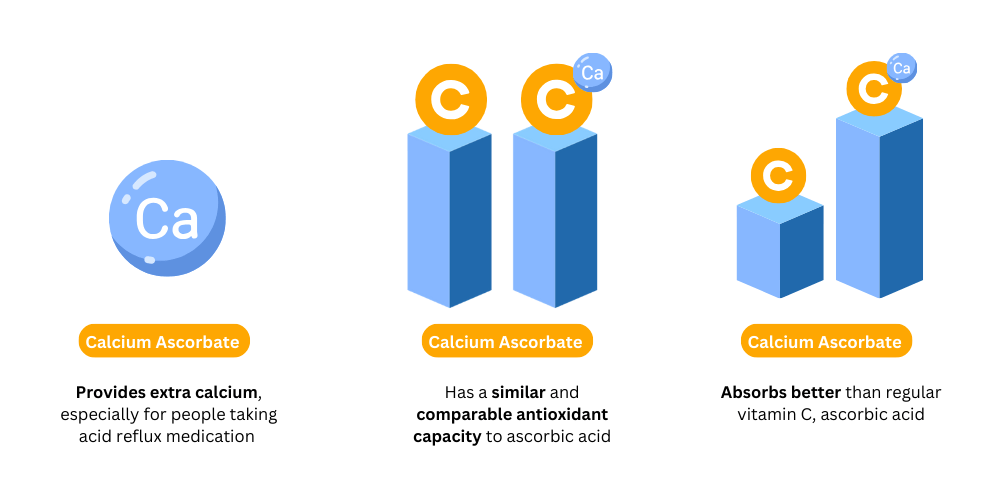
#How Does Calcium Ascorbate Works
Calcium ascorbate is easier on the stomach because it’s less acidic than regular vitamin C. The calcium helps balance out the acid, making it gentler and less likely to upset your stomach.
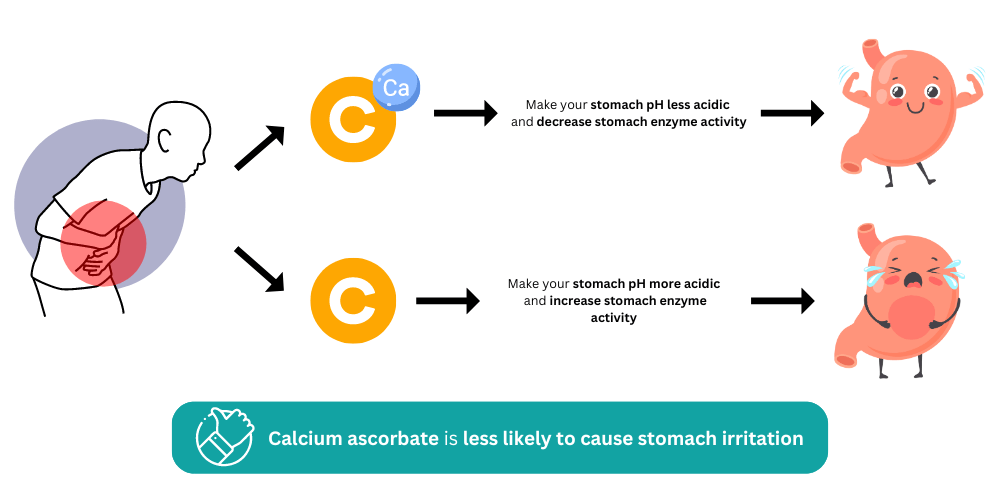
#Is Vitamin C Alone Enough For Immune Protection?
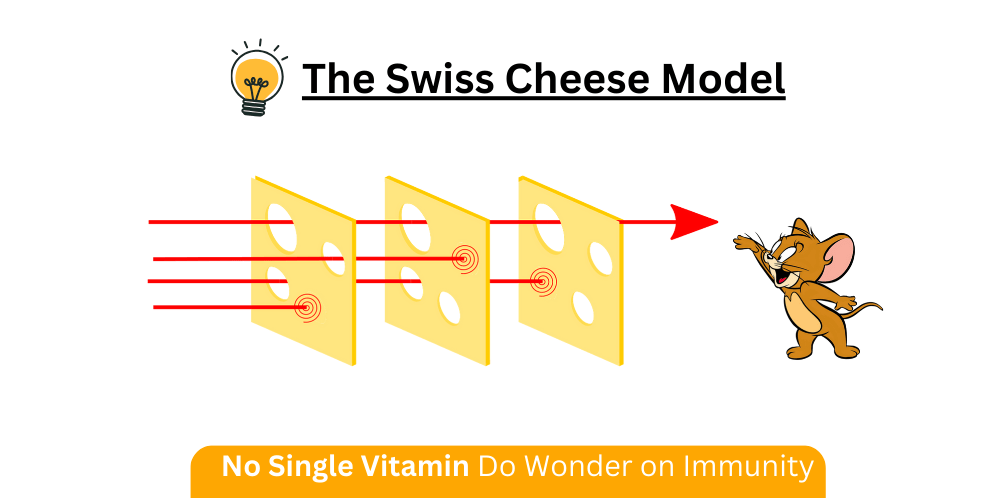
No single vitamin works miracles for immunity. Just like the layers of cheese in the Swiss Cheese Model, each vitamin and mineral contributes uniquely to strengthening our immune system. A diverse range of these essential nutrients together creates a strong defense against infections.



